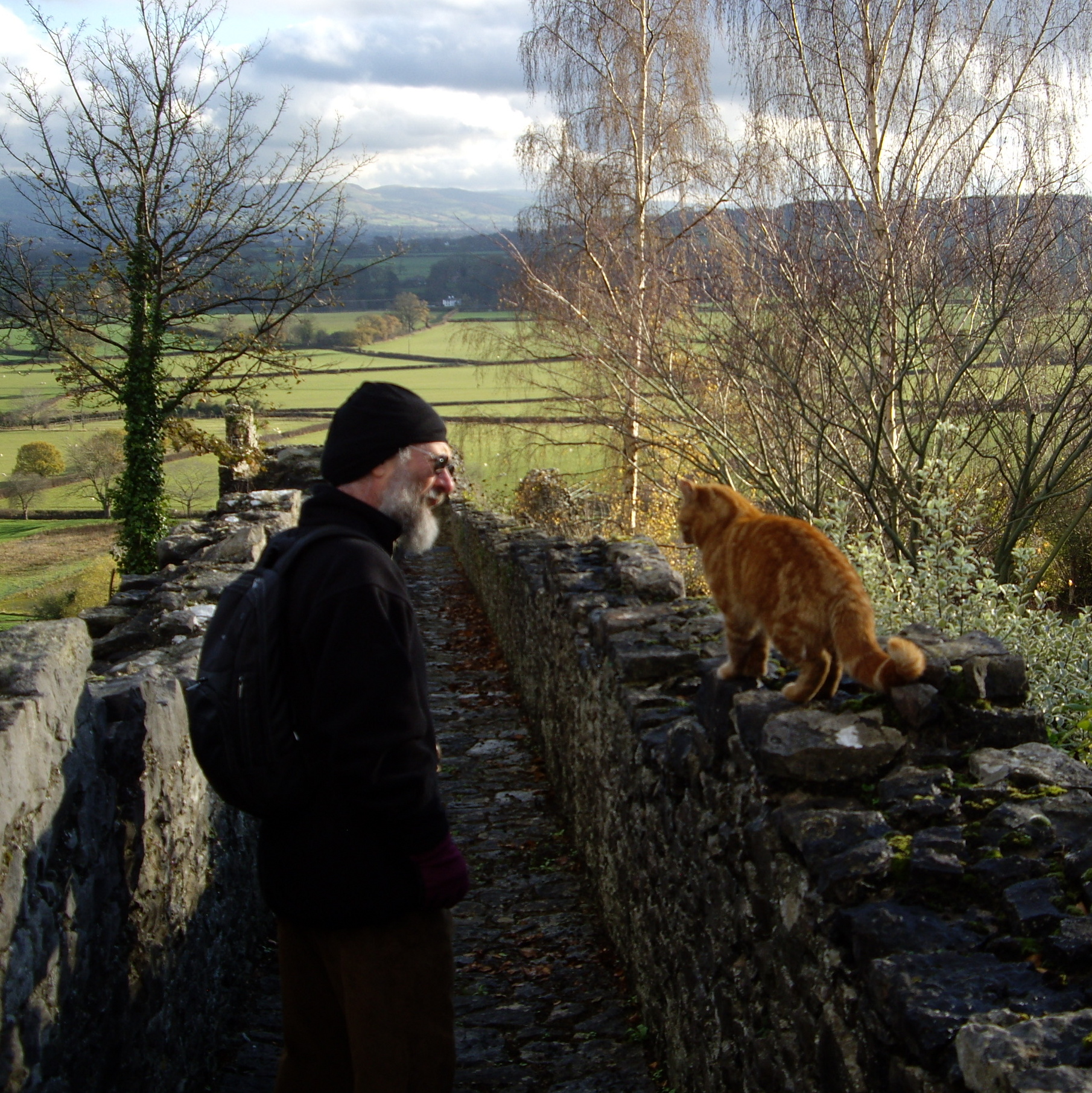There are hundreds of different 'approaches' to counselling and there is a way to divide them into just two.
Treats whatever a person 'presents with' as a problem to be solved, an ache to be rid of as fast as possible
Sees that how a person feels and behaves is part of their way of surviving and even trying to flourish—it may seem strange to others, but there's a logic, and that logic really matters
How a person feels and how they behave must be accepted, even welcomed, before real change and healing can occur.
Even if it doesn't look or feel like someone is flourishing in any way, that doesn't usually mean they are 'ill'. They aren't 'bad'. They aren't 'stupid'. But there's no doubt that when someone comes looking for help, their own personal way of dealing with life isn't working.
What's that all about?
We all grow up in a unique personal environment.
We all inhabit a world that isn't quite like anyone else's.
In that environment, in our world, in our reality, what we do, and how we live, makes sense. It is our solution to the problem: How to be me in this world? A counsellor works to understand and enter into this special logic, to step into this 'phenomenological reality' with clear sight and no judgement.
But environments change. Events happen. Our way of being in the world can stop working for us. It can come at a cost that actually hurts us. Sometimes we are deeply hurt by new, unexpected events. Sometimes we get very confused.
Although human beings have a huge capacity to heal and adapt, we can also get stuck. And it does seem to be that the harsher the environment in which we learned our answer to the How to be me? problem, and the worse the things that have hurt us, the more stuck we get. Plus some people—such as those particularly attuned to the world around them—can get hurt more by harsh environments and bad events.
Accept-and-Process-It Counselling (API) helps with all of this.
It helps us to get to know how things really are for us, and—while not getting too overwhelmed—how we feel about that.
It helps us to recognise the ways in which we survive and try to flourish.
It frees-up our capacity to heal, to change, and to adapt. Over time, API can help us to see that we are an 'okay kind of person'.
Accept-and-Process-It Counselling can 'fix' more completely and long-term than Quick-Fix-It Counselling.
Our way of offering API has evolved over 15 years. It is still developing as we respond to client need. It is built on:
Contemporary Person-Centred practice, Experiential Focusing, and Process Experiential Psychotherapy (Emotionally Focused Therapy)
Thirty-plus years combined experience practicing counselling and psychotherapy
Our own life and professional experience outside counselling
Our experience providing professional support to colleagues
Developing and delivering counsellor training programs in British Universities
Ten years experience delivering mental health, addictions, and 'stop the violence' counselling at agencies in Yukon and BC

So much psychological help is like only taking painkillers for a broken leg.
You can take the painkillers and hope that leg heals up, but most of us would rather get it set and provide the conditions for proper healing.
Really, who chooses just painkillers for a broken leg?
But what about when you feel 'depressed' or are told you are 'mentally ill'?
"Try these drugs."
"Here's a computer program to teach you how not to be."
It doesn't work. Not in the long haul. Not for those things which wreck lives.
Human beings are complex. Human beings are relational. We need more than drugs and re-training to heal and find our way forward.
Work with it. Whatever 'it' is.
Ask: What's this all about? How does it fit and make sense in my life?
Ask: What do I really feel right now? What do I really need right now?
Learn to make 'space' for feelings and emotions to 'process'. And if that doesn't quite make sense yet, well, making sense of it becomes part of the job.
It often isn't easy. Sometimes it isn't very fast. But this is what brings real and lasting change.
Most of us do better with a companion on that journey, a companion for the way.

There are organic conditions, 'illnesses', which can affect how we feel and behave. There are 'human differences' which make some of us more susceptible to, say, depression. There are bad and painful events and experiences that change us physiologically and neurologically.
However, human understanding of all this is at a very early stage. There are no good 'quick fixes', and pathologising human difference isn't helping.
The drugs available, 'psychotropic medicines', are crude, broad-brush interventions that have all kinds of 'side effects'. The 'behavioural therapies' often promoted as fast and 'evidence-based' don't stand up to long-term scrutiny.
If you are prepared to make the journey, what we call 'Accept-and-Process-It-Counselling' really is the best option.
Photographs
Denbigh Town Wall, in Wales, where Clive met a Ginger Tom who walked the length with him. Ava took the picture.
Pay attention to the body—each of us is a whole living organism not just a brain-on-a-stick.
Offer therapeutic play—especially to young people—although anyone, at any age, can benefit from this way of working.
Find 'expressive therapy' sometimes very helpful—drawing, painting, acting-out a situation.
Know that, in the long-term, counselling works best when the client sets the agenda and the pace.
Don't push. Don't cajole. We listen. We respond. We may suggest.
To learn more about how we work, do make contact with us. If you have questions, we will share such answers as we have.
You might check out the web pages where we talk about ourselves, or take a look at the Articles Page. (The Articles page is where you will find out more about 'QFI' and 'API' counselling.)
For more about Experiential Focusing, try the New York Focusing Institute's website: www.focusing.org